Music
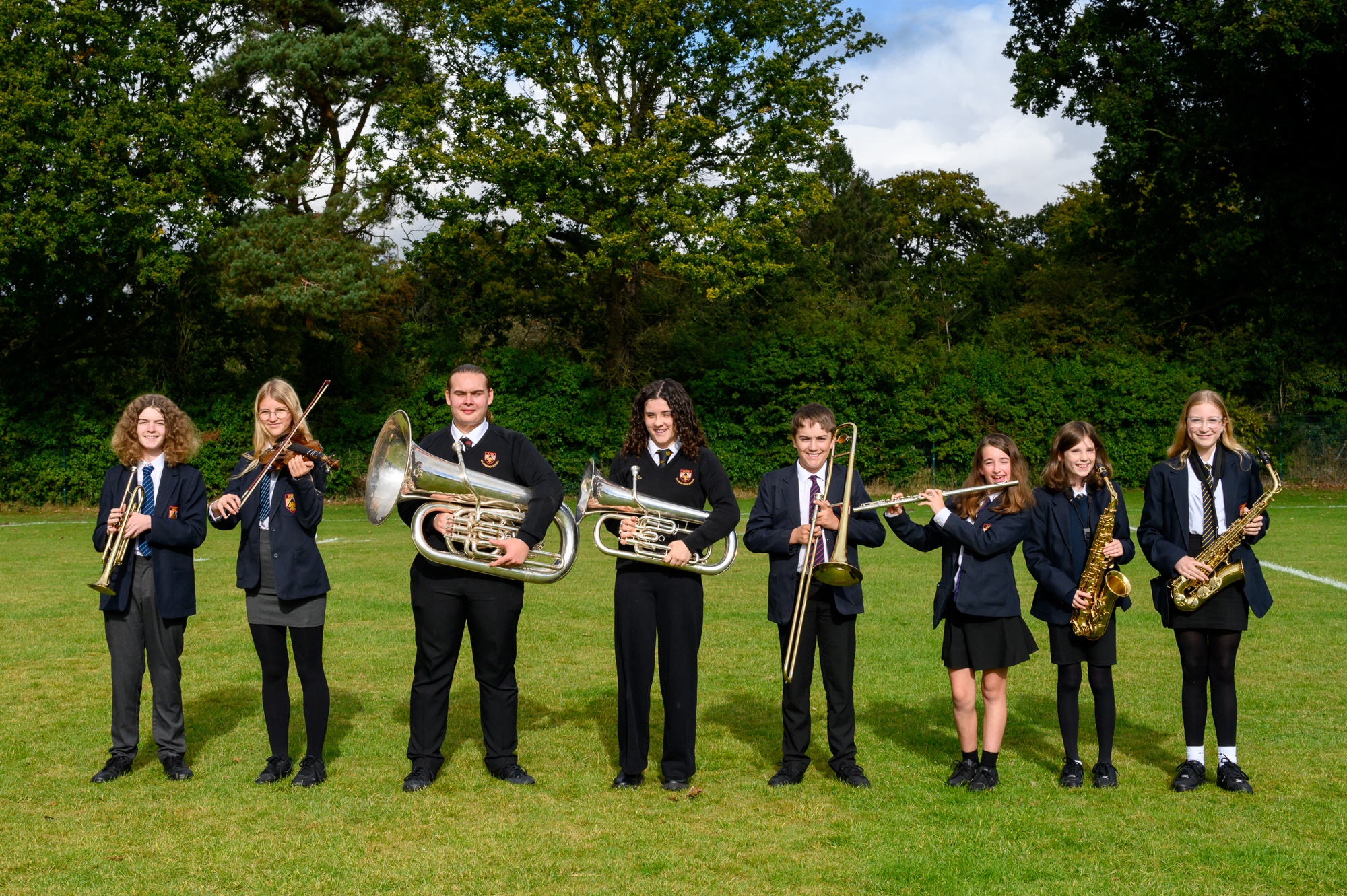
Social Media
Music Quizlet https://quizlet.com/subject/AHS_Music
Twitter https://twitter.com/AHS_Music MUSIC
Music lessons
To access the letter regarding musical instrument lessons please click here
music KS3
For information on music lessons please scroll down to the bottom of the page to the letter titled 'Music lessons for new intake year 7'. This is relevant for students in all years wishing to take up musical instruments.
The national curriculum program of study for music seeks to enable the development of students’ understanding and enjoyment of music, through the following areas: -
- Performing and composing - which will include: individual and group performance through instrument or voice, interpretation of musical mood and effect, musical structures, texture, melody, harmony, rhythm, style, notation(s) and, where appropriate, information technology to explore, develop and revise musical ideas. Assessment of composition and performance will take place as appropriate following the successful completion of tasks and will be based on criteria specified by the national curriculum.
- Listening and appraising - which will include informed response to music of mixed style and origin, analysis of character and mood, evaluation of musical effect, and critical appraisal of their own work, using an appropriate musical vocabulary. In both specific areas of study, formal teaching methods will be deployed, alongside less-formal project work. Assessment will be continual by question and answer and periodically by written answers in response to recorded musical extracts. Students will also be expected to express musical opinions in writing, using a suitable vocabulary.
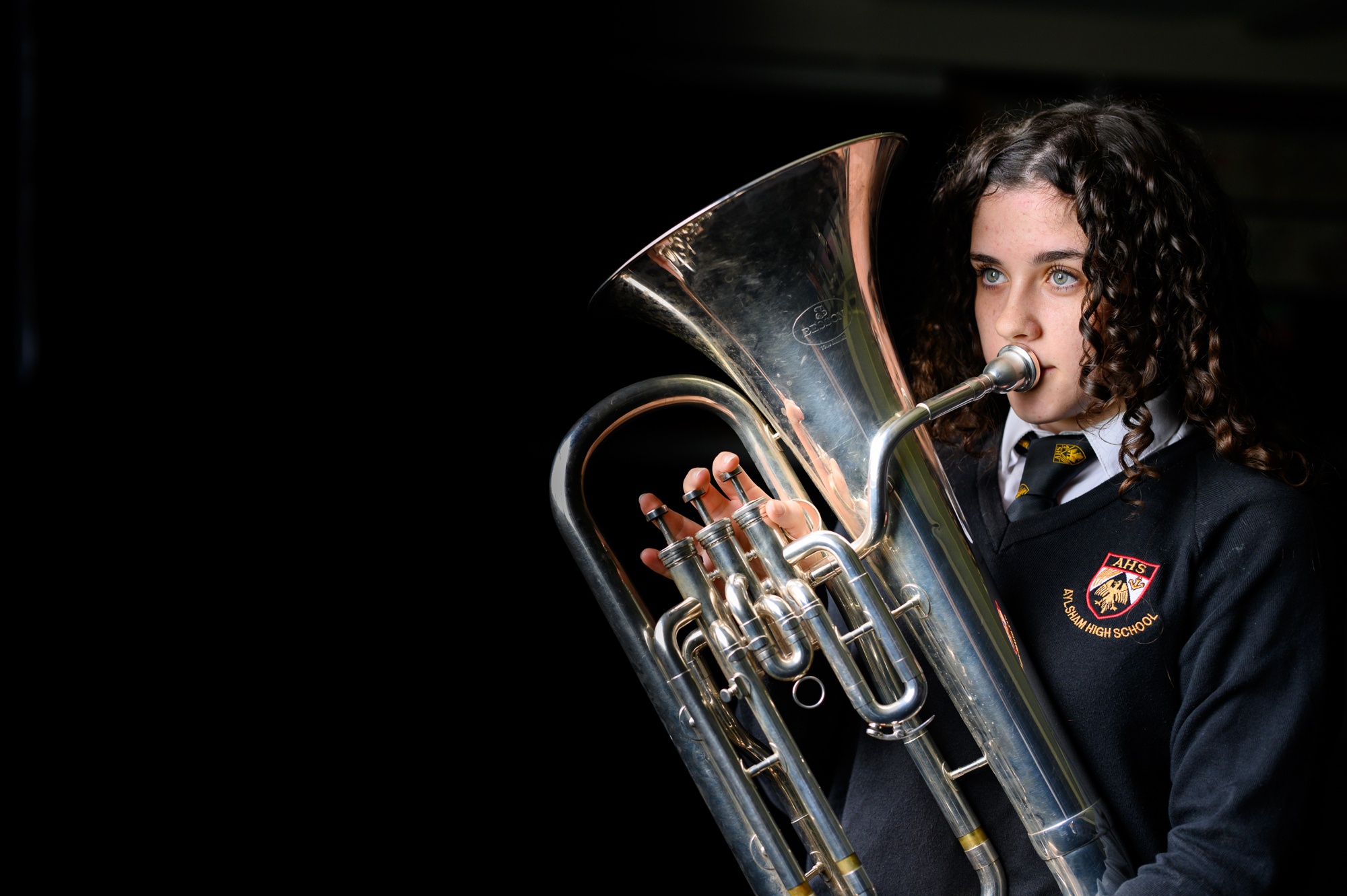
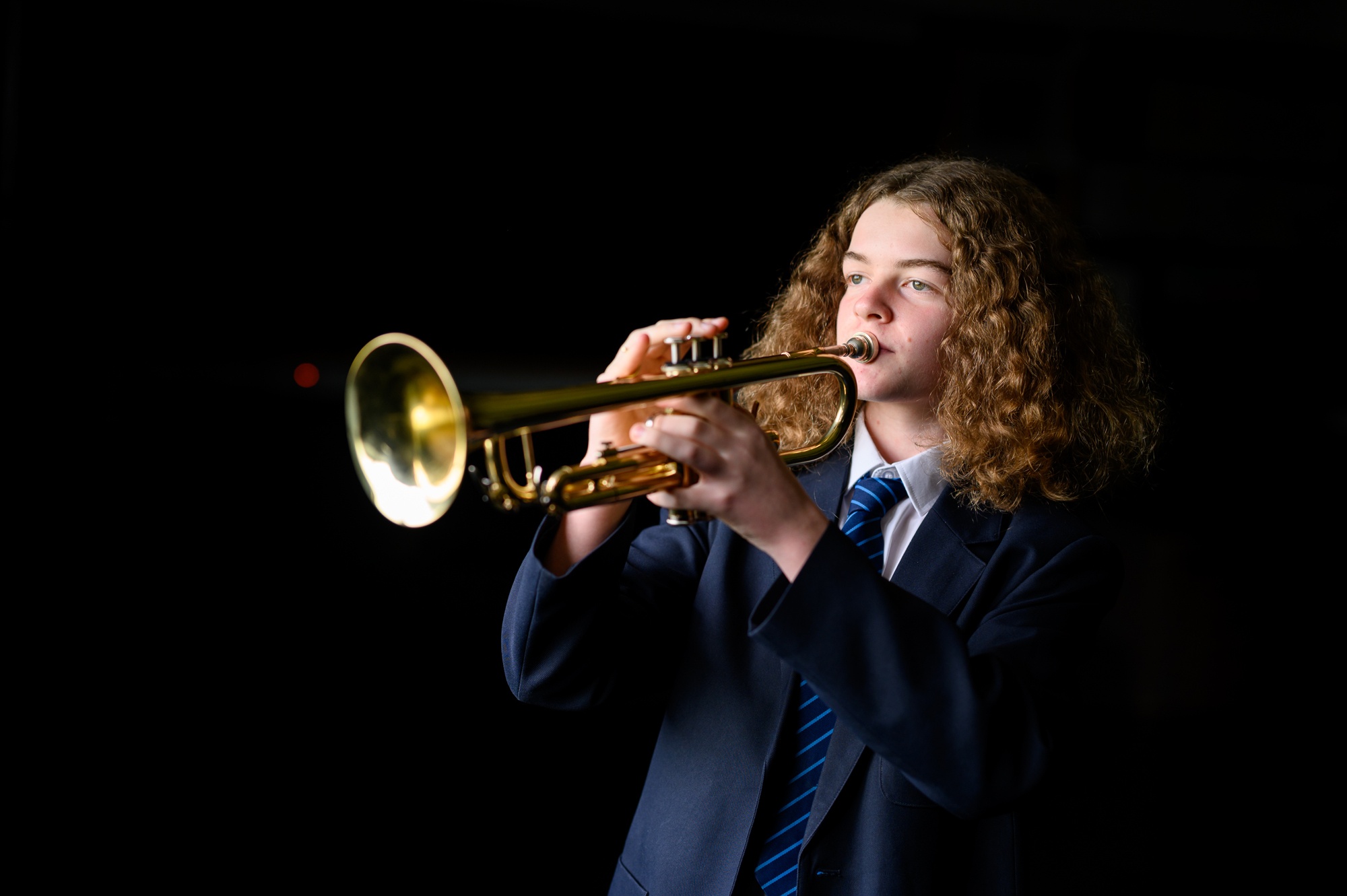
Students in KS3 will study certain songs during lesson time and the sheet music will be added to the bottom of this page as PDFs if students wish to continue to play and practise these songs at home.
music KS4
At this level, we offer both GCSE and BTEC music (EDEXCEL syllabus). The course is a natural continuation from key stage 3 and is intended for those students who wish to develop their musical skills and knowledge to a considerably deeper level.
music GCSE
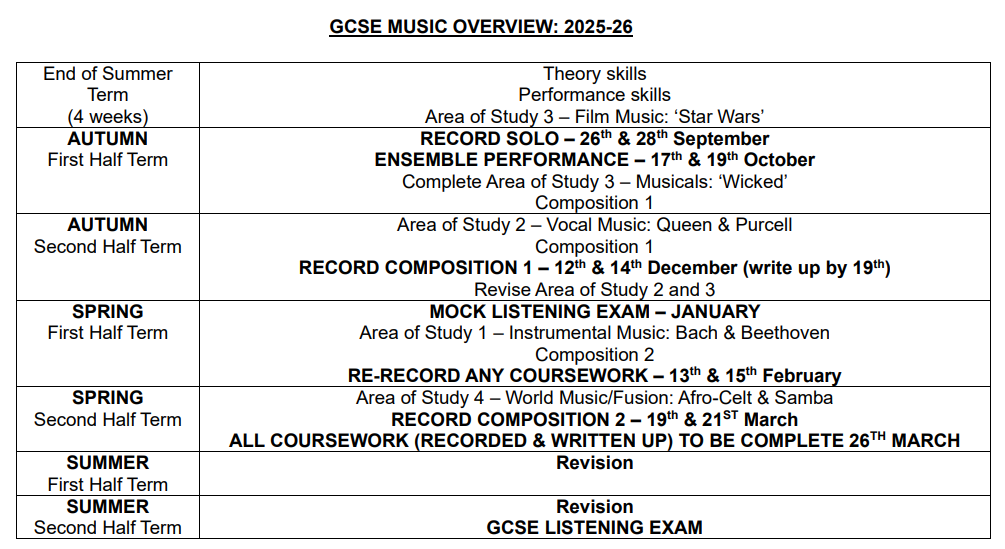
Students will learn about various styles and eras of music across four areas of study. These areas of study will be learnt across the course and assessed in the listening exam at the end of the course. The four areas of study covered are:
- Instrumental music 1700-1820
- Vocal music
- Music for stage and screen
- Fusion music
Performance on instrument(s) or voice, to a competent level, is an essential starting point for those seeking high grades. There are three sections to the course:
Paper 1: Performing - Solo (15%) + Ensemble (15%)
All candidates must offer both solo performing and performing with others. Candidates may choose the music they play, but should be guided by their teachers.
Paper 2: Composing (30%)
Each candidate will be required to submit two compositions over the course. Both of these must be written according to a brief, each being from a different area of study. These pieces are both recorded and written down. Whilst there will be time allocated to teaching and encouraging composition in school, a large proportion of the developmental work will need to take place away from the classroom.
Paper 3: Listening and Appraising (40%)
This will be assessed at the end of the course, through a 1 hour 45 minute written paper with listening and extended writing questions based on the eight set works from the four areas of study.
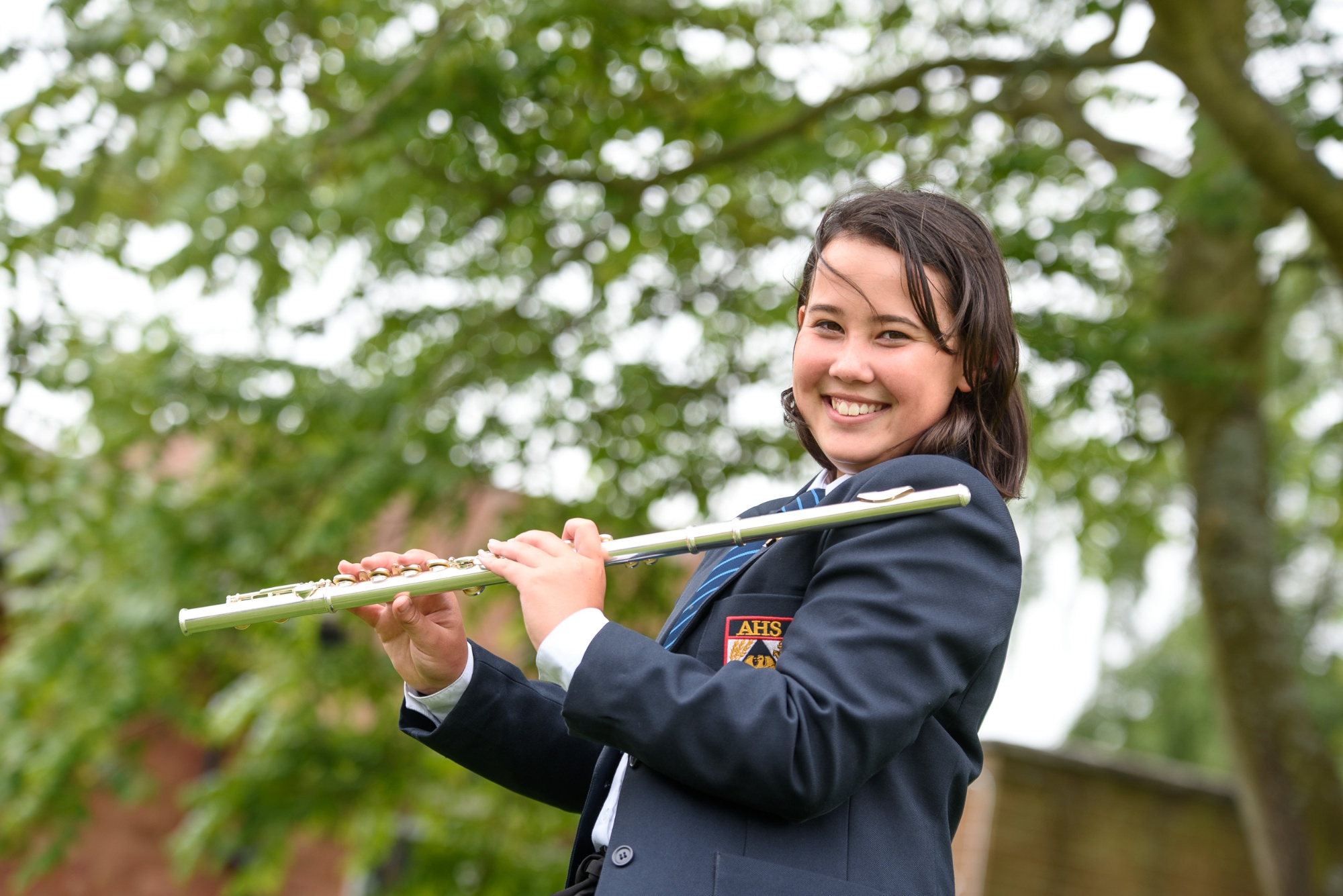
latest news
On Tuesday the 19th of 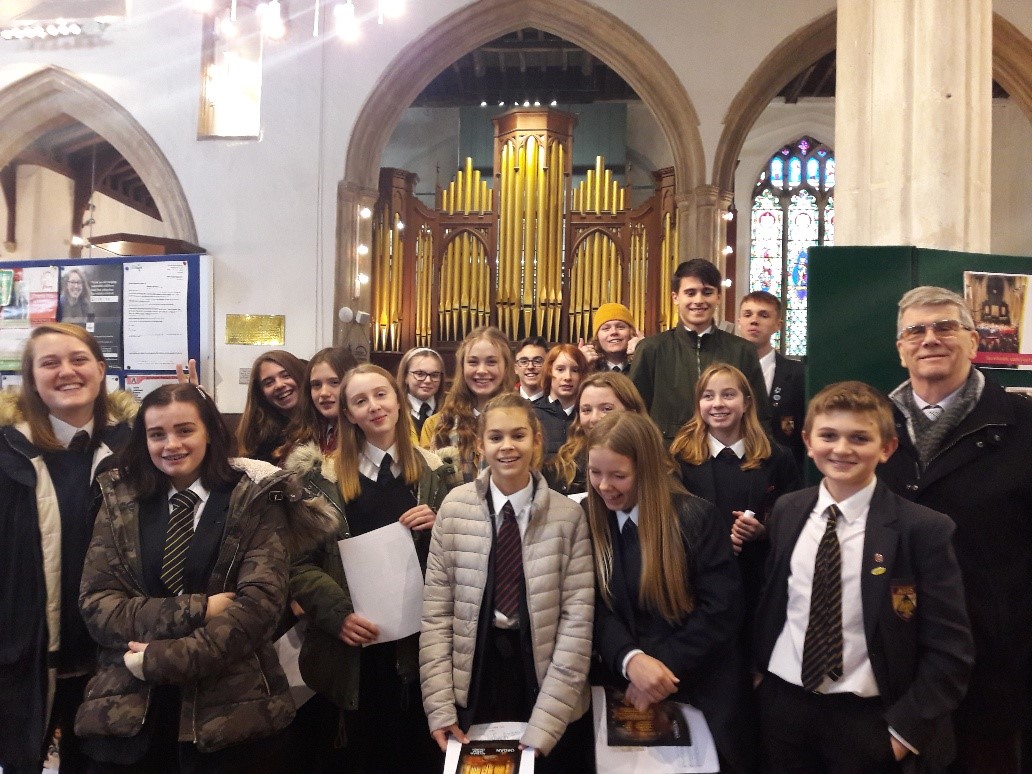 November the GCSE Music class was invited to visit Aylsham Parish Church to witness the organ playing of Henry Macey, the church organist. The trip started with an introduction to the organ and we were given information on the history of the particular organ that the church owned. After this, we were able to further look into how the organ functions by hearing about the different pipes and the sounds created by them. To help us understand this, we were allowed to go around the back of the organ and look inside at the workings. Once we had all had a look, Mr Macey played us some extracts from the works of Bach and Henry Purcell, who we will be studying later on in the year. Some of us were even allowed to have a go at playing the organ. It was an unforgettable experience and Reverend Jack was kind enough to donate some hot chocolate and biscuits to us in the middle. Many thanks to Henry Macey and all at Aylsham Church for the visit.
November the GCSE Music class was invited to visit Aylsham Parish Church to witness the organ playing of Henry Macey, the church organist. The trip started with an introduction to the organ and we were given information on the history of the particular organ that the church owned. After this, we were able to further look into how the organ functions by hearing about the different pipes and the sounds created by them. To help us understand this, we were allowed to go around the back of the organ and look inside at the workings. Once we had all had a look, Mr Macey played us some extracts from the works of Bach and Henry Purcell, who we will be studying later on in the year. Some of us were even allowed to have a go at playing the organ. It was an unforgettable experience and Reverend Jack was kind enough to donate some hot chocolate and biscuits to us in the middle. Many thanks to Henry Macey and all at Aylsham Church for the visit.
Emily Cushion – Music Captain.
